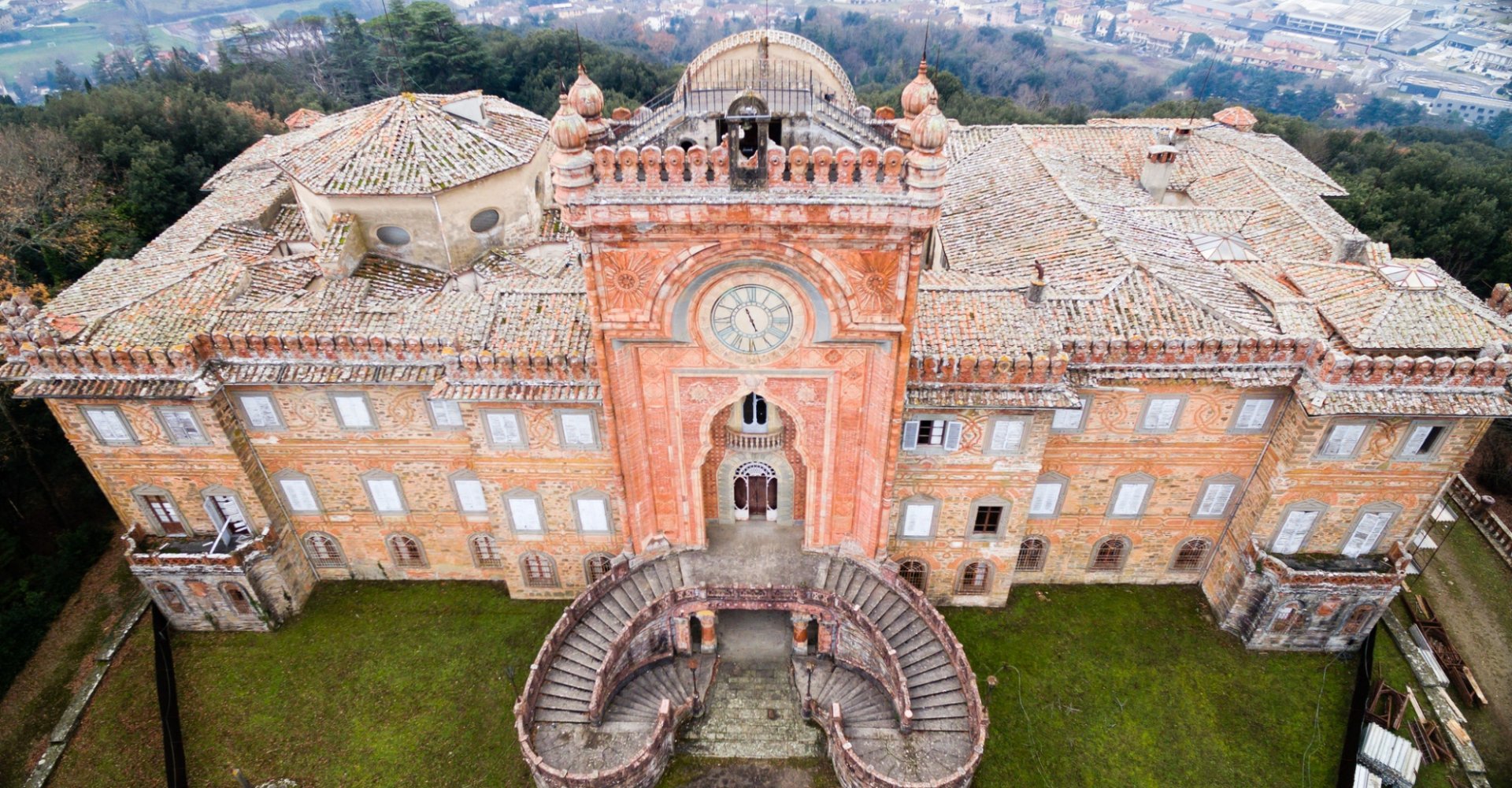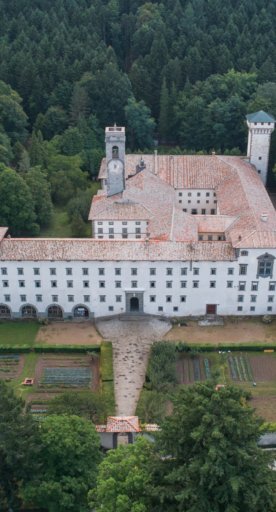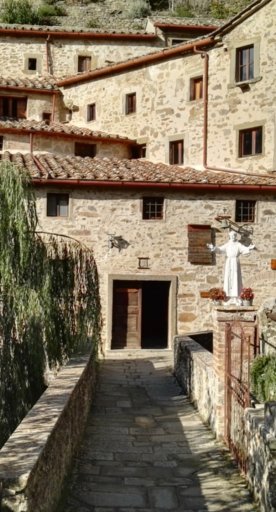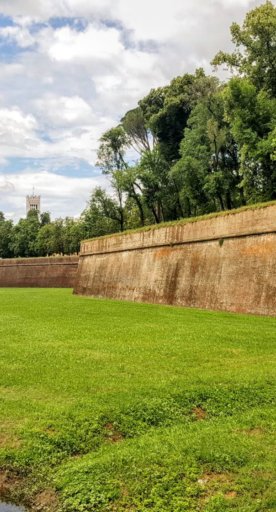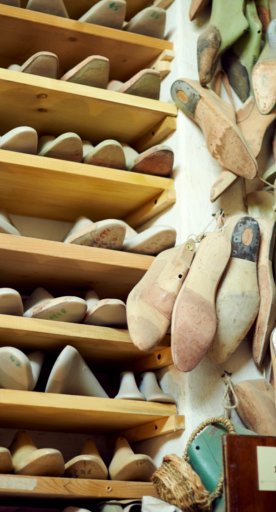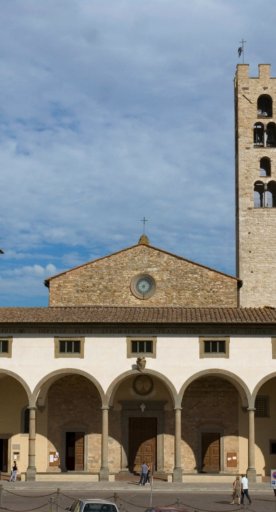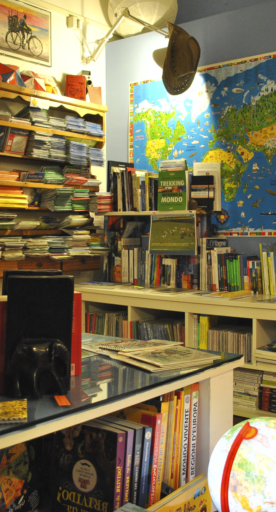Amid silence and rebirth–historic architecture to rediscover
In the Florence Area, 3 imposing abandoned buildings are silent witnesses to fascinating stories, awaiting new life
Abandoned places have a peculiar charm. They hint at the splendor or function they once held, but also evoke an aura of mystery. Nature often takes over, then architectural merit is combined with a certain taste for all that is wild.
However, if these places have aesthetic value, or are set in beautiful landscapes, it is important that they be restored and be given a new life, perhaps with different functions than they originally served, but usable by all.
Let us take you on a discovery of 3 “abandoned” places in the Florentine Area where the past comes back to life thanks to redevelopment projects and extraordinary opportunities for visiting unique spots.
-
1.Sammezzano Castle
-
2.The Gualchiere of Remole
-
3.The Nobel Area
Sammezzano Castle
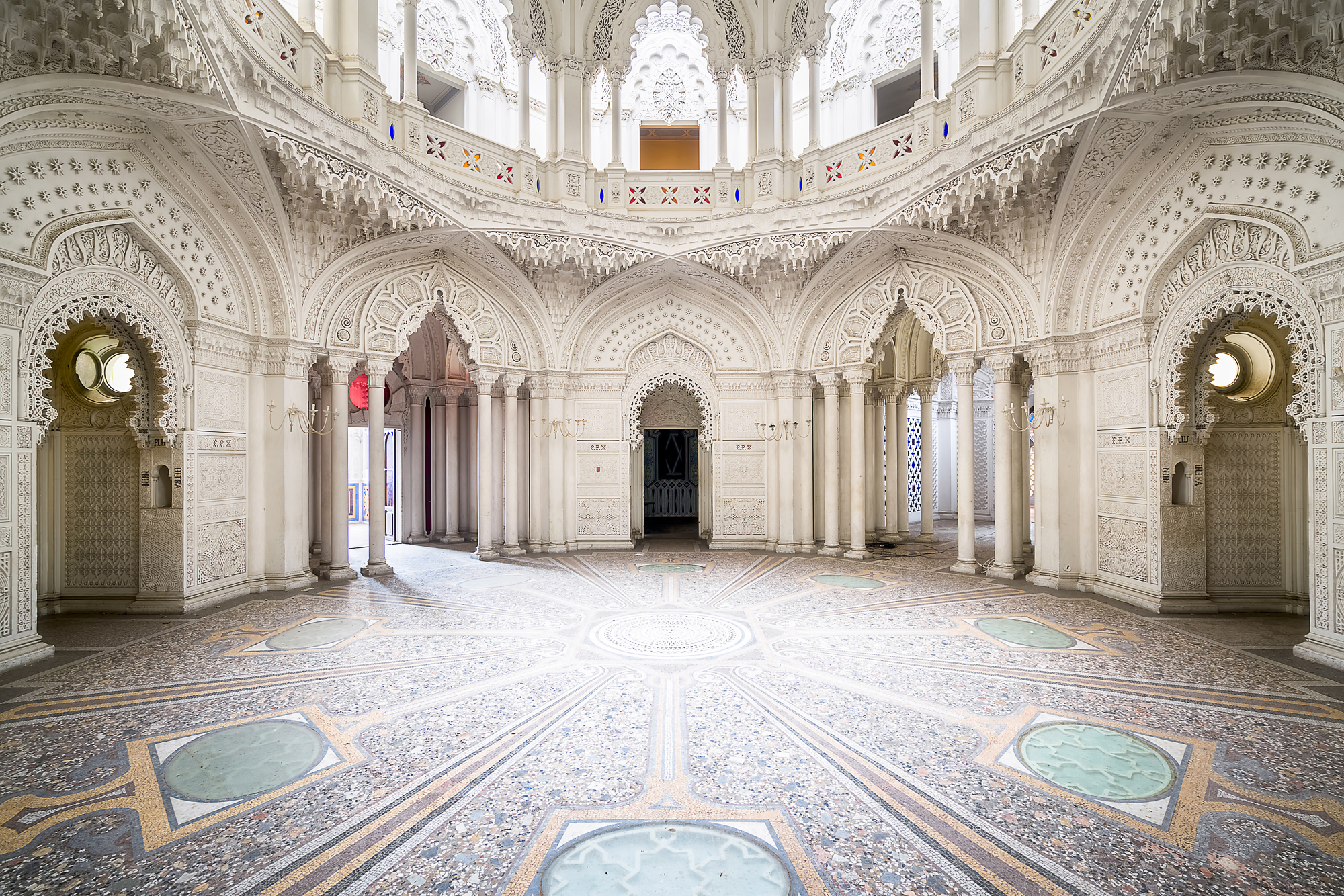
You may have seen it at the cinema, portrayed in the film “Tale of Tales,” made in 2015 by Matteo Garrone. The eclectic Sammezzano Castle was built in the second half of the 19ᵗʰ century in Orientalist style by its imaginative owner, the Marquis Ferdinando Panciatichi Ximenes. With utterly original interiors and an endless 160-acre (65-hectare) park, Sammezzano is so special that it has come to the attention of the FAI (Italian Environment Fund) as a Luogo del Cuore (Place of the Heart).
Located in the town of Reggello, the Castle and property were purchased in 2025 by Giorgio Moretti, a Florentine businessman. The complex will be restored and utilized, at least the easternmost part, as a museum, while part of the park can be enjoyed by visitors.
The Gualchiere of Remole
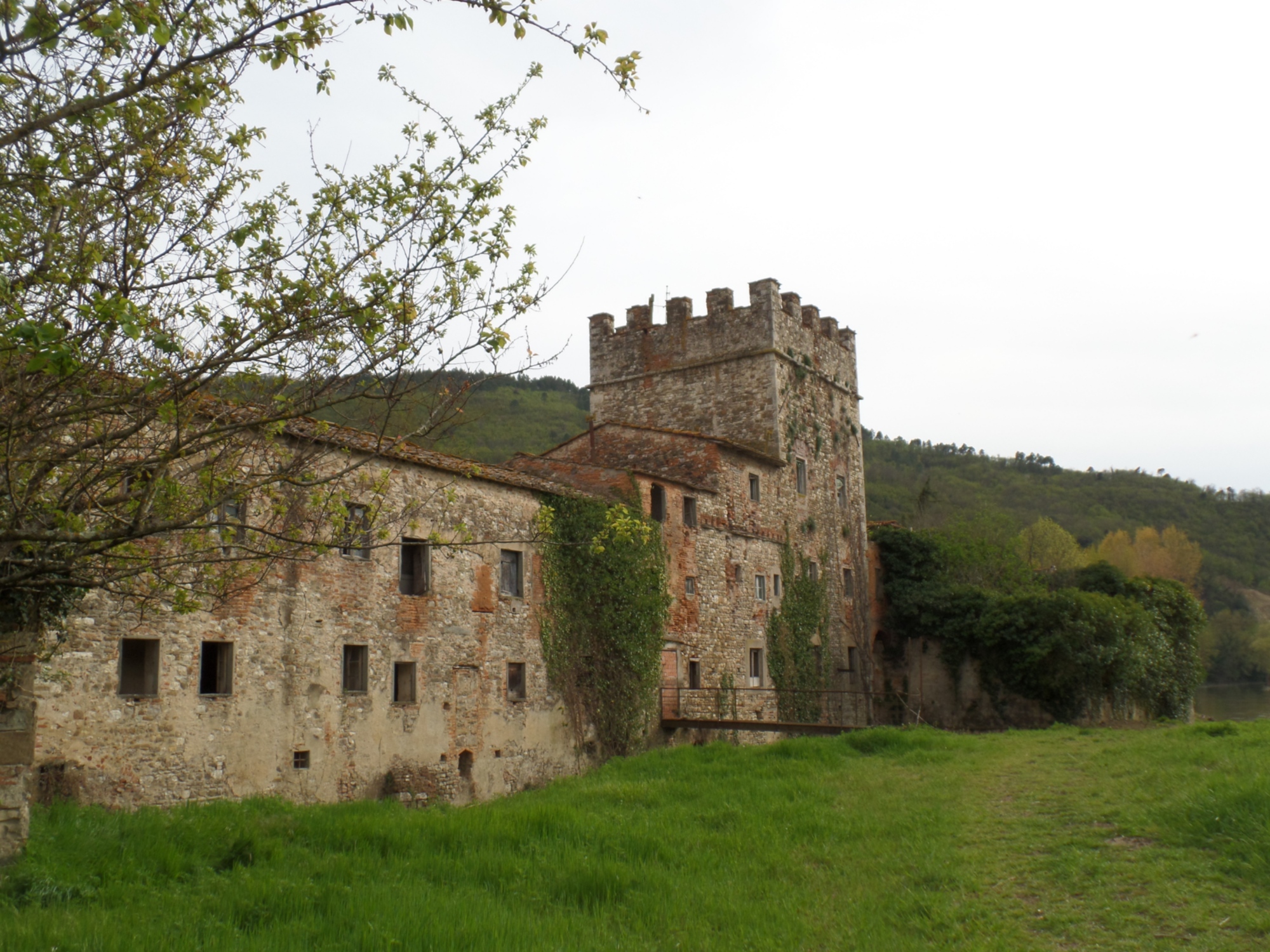
Along the Arno River, in the Middle Ages and in later centuries, there were many mills that, like the Gualchiere of Remole, were used for fulling wool, an activity that harnessed the power of water. The Gualchiere of Remole are a prestigious example of medieval industrial archeology. With the appearance of a fortified building, they stand on the river in the municipality of Bagno a Ripoli, as mute witnesses of an activity that forged the wealth of Florence.
The Gualchiere building—still beautiful despite the passage of years, weather and neglect—is the focus of a restoration and enhancement project by the City of Florence, the current owner. The project involves building a museum and creating a plant capable of generating hydroelectric power.
The Nobel Area
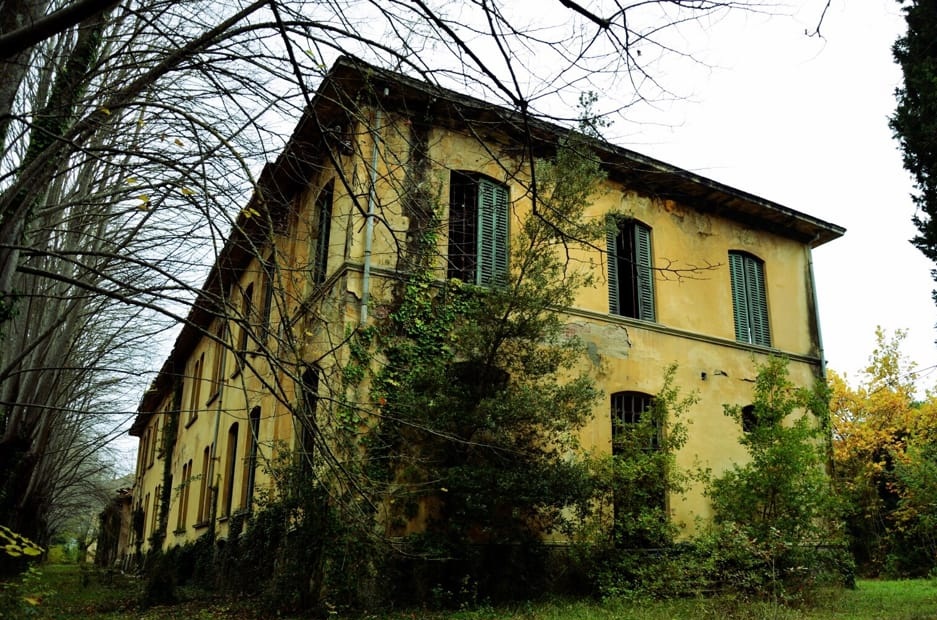
An entire hill located between Carmignano, Comeana and Signa is fully occupied by what used to comprise the explosives factory or the Dinamitificio Nobel. In operation during the first half of the 20ᵗʰ century to supply the army, a state-of-the-art industrial hub also offered services available to workers (an infirmary and nursery, among others), as a settlement of 100 or so buildings that attracted 3,500 employees in its heyday.
The area is fully enclosed by a fence and is not accessible. The buildings, some of great architectural merit, can also be seen from the outside and are still in good condition even though nature is taking over. Many projects have been developed to return this immense space to public use, but so far nothing has materialized. The City of Signa organizes special openings, about one occasion a year, to give access to this extraordinary place at least once.
What’s nearby?

